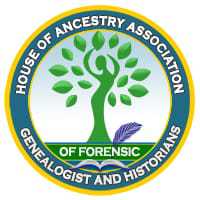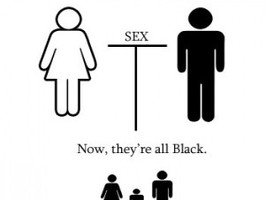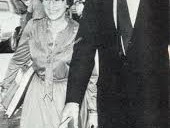
News
THE ONE DROP BLOOD RULE
The original inhabitants of Virginia looked very different from the European immigrants who started arriving after Christopher Columbus sailed the ocean blue in 1492. The Africans brought to Virginia in colonial times were easily distinguished from both Europeans and Native Americans - initially. However, once people of different races produced mixed offspring with a range of skin colors and facial features, the ability to distinguish someone's "race" just from appearance became more challenging. Offspring of whites and blacks ended up being categorized based on the status of the mother. All children of female slaves inherited the status of slavery, no matter what the status of the father. Children of a free black mother gained status as a free person of color. Mixed-race children with a white mother faced discrimination, but were not consigned to slavery. Native Americans used different criteria, and considered a child of a Native American father or mother to be "Indian."





